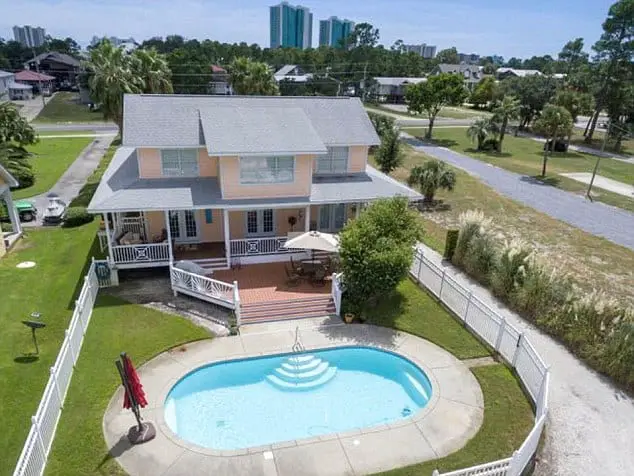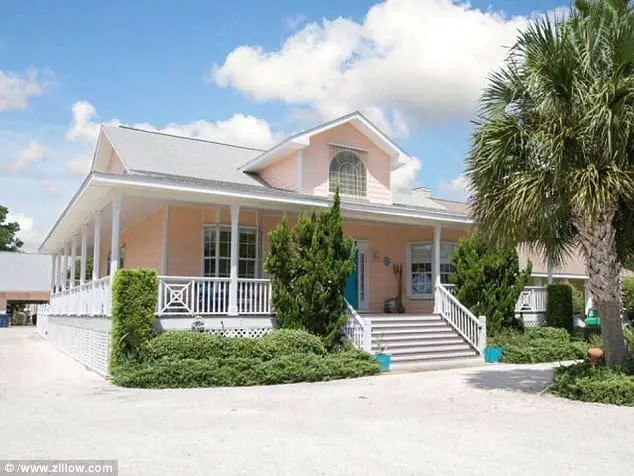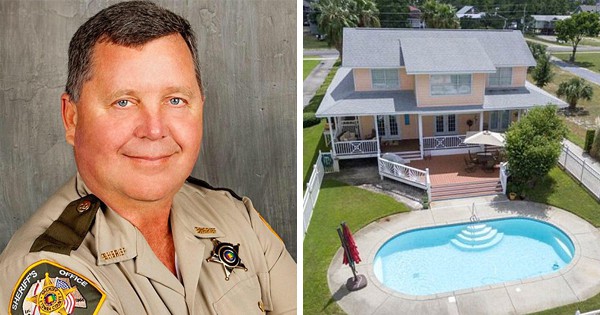An Alabama sheriff pocketed $750,000 meant to feed prison inmates, and used it to buy a beach house—and it was completely legal.

Etowah County Sheriff Todd Entrekin filed ‘more than $250,000’ of extra ‘compensation’ with the Alabama Ethics Commission from inmate feeding funds.
He claimed the money using an obscure pre-WWII law which allows Alabama sheriffs to keep ‘excess’ prison food provisions for themselves.
His claims could be even higher as anything over $250,000 in a year does not have to be reported.
The cash was used to purchase a $740,000 four-bedroom beach house in the town of Orange Beach near Pensacola.

The house has 2.5 bathrooms, timber floors, a modern kitchen, wraparound porch, double garage, in-ground pool, and canal access with a boat dock.
Sheriff Entrekin and his wife Karen were able to amass at least six houses around the state with a total assessed value of more than $1.7 million, despite him earning a salary of just $93,178.80.
The prison food funds came from federal, state, and local government taxpayers. Unlike other state laws, these funds did not have to be handed back if not used.
Entrekin was so brazen about keeping the cash that when he paid local handyman Matthew Qualls to mow his lawn, he marked the cheque with ‘Sheriff Todd Entrekin Food Provision Account.’

Entrekin kept the money, arguing that he was legally doing so, despite growing condemnation and an ongoing statewide lawsuit.
“The law says it’s a personal account and that’s the way I’ve always done it and that’s the way the law reads and that’s the way I do business. That’s the way the law’s written,” he said. “In regards to feeding of inmates, we utilize a registered dietitian to ensure adequate meals are provided daily.”
Sheriff Entrekin’s opponent at this year’s sheriff election, Rainbow City Police Chief Jonathan Horton, said taxpayer funds should benefit taxpayers.

